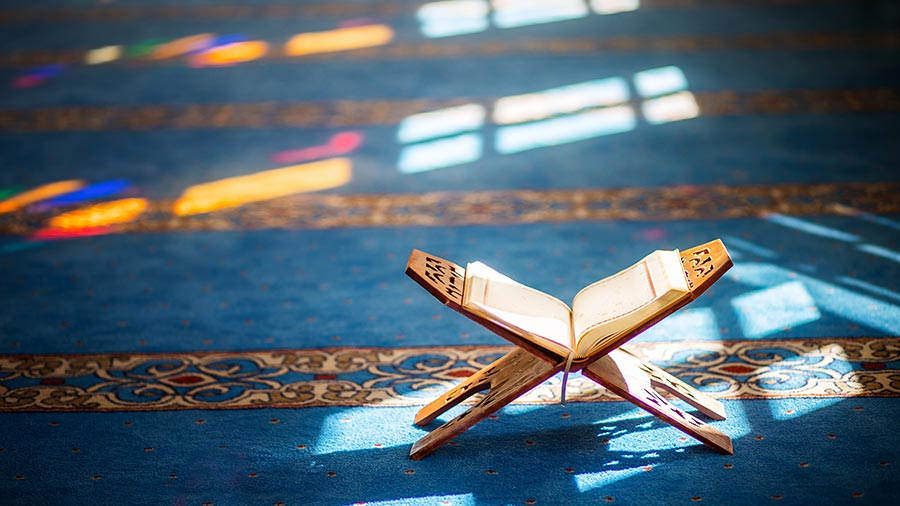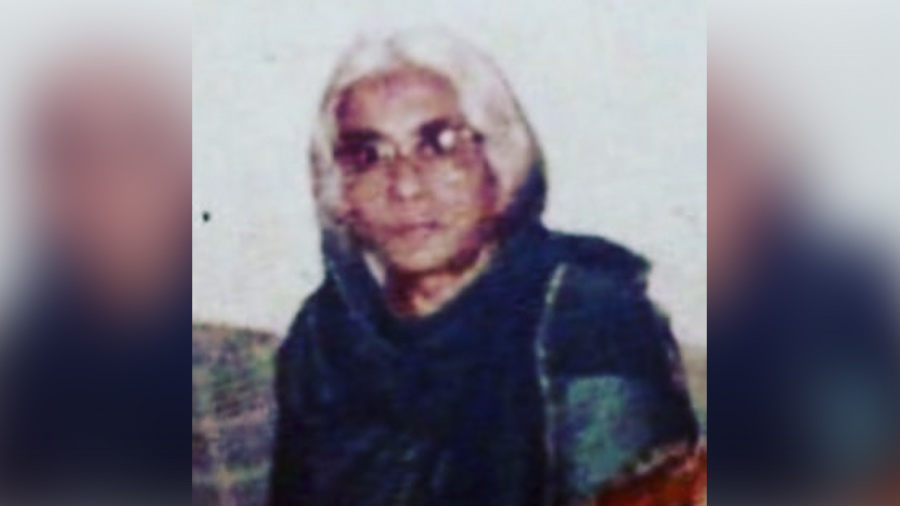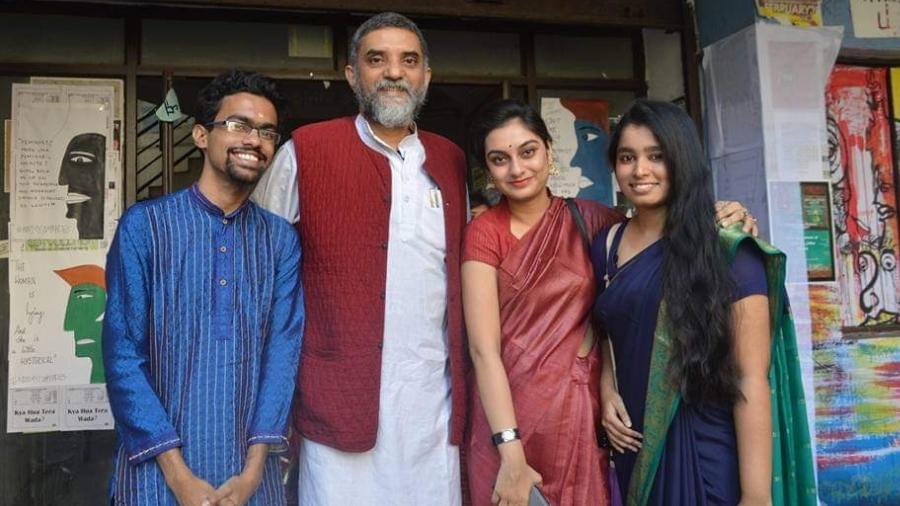Aunty Nargis was among my first teachers.
I was around five when my parents decided that it was time to commence my deeni (religious) education.
Aunty Nargis possessed reasonable credentials: she lived 200m away from our Mission Row home; she hailed from Surat, where my folks had come from as well; she was strict with children, so that served as a qualification in a conventional world; and she was cleared by the community authorities to teach.
So if one were five and were spotted by curious relatives, the usual conversation-starter with one’s mother would be: “Quran padhwaanu shuru kari deedhu ke nahi?” (Has he commenced his reading of the Quran?)
Since we never had distractions like tuitions, special classes, cricket coaching and summer camps, the daily routine would be predictable: return from school by 1.30, lunch by 2.15, change by 2.30, hold Abdul’s finger (generic name given to the male help in our Muslim households, irrespective of whatever asli name he had, a kind of Ramu equivalent) and be off to Aunty Nargis’s with a topi on the head and a jhola around the shoulder (containing a large-lettered Quran, sahifaas that contained condensed Quranic verses one was expected to memorise, exercise books and a wooden riyaal that would hold an opened Quran to facilitate reading).

Shutterstock
Aunty Nargis’s one Prinsep Street room became a hub for Bohra children in central Kolkata: Mustafa came from the same lane, Juzer walked from Bandookgally 150m away, Nooru came from Central Avenue, three sisters (forgotten their names) came from Kanan Bhavan, Abizer came from across the street and Tasneem came from five buildings away while Aunty Nargis’s grandson walked in from the adjoining room.
Scolding and reward
Aunty Nargis multi-tasked. While I put my tentative five-year-old finger on the line of the Quran I was supposed to read, Aunty Nargis would deftly place a wooden ruler beneath the line so that I would not absentmindedly drift from one line into another; I would move my finger from completed word to new word while Aunty Nargis’s finger tracked the flow from the other side the Quran.
And that is how the afternoon would play out: as I intoned “Innaka lameynal mursaleen. Alaa siraakeytal mustak….”, there would be a startlingly abrupt rasp of the ruler on her thick cotton gadda, followed by a fear-inducing “Keymmmmmmm?! Siraakeytal lakhu chheyyyyyy?” And I would retrace my finger, attempt to decipher the complex Arabic with a slow-motion quiver of “A-l-a-a s-i-r-a-a-k-e-y-t-a-l” and I would have barely finished the second word when there would be another cannon boom: “Siraakeytallllll????” I would mumble a fearful “Nnnnn…” and embark on my third attempt to crack the code: this time experimenting with an alteration of the sequence with “S-i-r-a-a-t-e-y-k-a-l”, raising my head for a critical two seconds to gauge the fury of Aunty Nargis’s wrath and when finding that she had held her peace, I would interpret this as a silent affirmation and proceed with the rest of the line.
Meanwhile, Aunty Nargis’s arched eyebrows would by now have redirected elsewhere: to Mustafa, who would have stopped intoning his exercise to look curiously in my direction through the corner of his right eye, to Tasneem, who would have stopped rocking in her movement while attempting to memorise the confusing third-fourth-fifth lines of Surah Al Kaaferun, as if waiting for the next instalment of the verbal drama; to Abizer, who would have been distracted from the scripture to stare vacantly out of the window. Another lightning rasp of the wooden scale on the gadda and the roomful of children would suddenly morph into resumed intoning, rocking, reciting and reading.
The day’s Quran would inevitably end with Aunty Nargis putting a circled red crayon mark on the full stop of the Quran shareef verse that I would have completed followed by the words: “Havey kaaley yahaan si shuru!” By now, the temper would have evaporated. One would do salaam to her — doing the hurriedly awkward tasleem three times, touching the right eye to her hand, then the left eye to her hand, then kissing her right hand. Each time we completed this endearing ritual, Aunty Nargis would reach into her box and give us one Cadbury Gem with the words: “Yellow aapu ke green?” And I, with the severe censure of a distant memory, would say: “Gleen.”
Enduring memory
It is remarkable that for children for whom the Arabic, pronunciations, intonations and pauses had once been indecipherably challenging, would, thanks to Aunty Nargis’s commitment, gradually become script-smoother. In a couple of years the first complete reading of the Quran shareef would be over. By the time mom would press a Rs 5 into my hand to do a special salaam to Aunty Nargis, one would have passed the namaz test as well. Aunty Nargis’s official responsibility was considered over then. If, in later decades, someone passed a positive comment on my lehen (lilt) of Surah Al Yaseen, mom would say: “Buji Nargis ne padhayaa hai, bhai, aisa-waisa thodi hoga?”
Aunty Nargis moved to Surat; we lost track of her; some 20 years ago, we ex-students organised a fund-raiser; one day, we heard she had passed away at an age of around 100.
I write this because one evening recently, Mustafa (who went on study at a full-fledged Arabic seminary, then turned businessman and later migrated to Sharjah) and I were together and someone asked: “How do you know each other?” I instinctively replied: “Pachaas varas pehla hamey Aunty Nargis na yaahan Qurat saathey shuru keedhu.”
We could have described our relationships through a number of metaphors — neighbour, friend and confidante — and yet, one sought to explain it through that one gateway that has endured in our memories.
Teacher.


